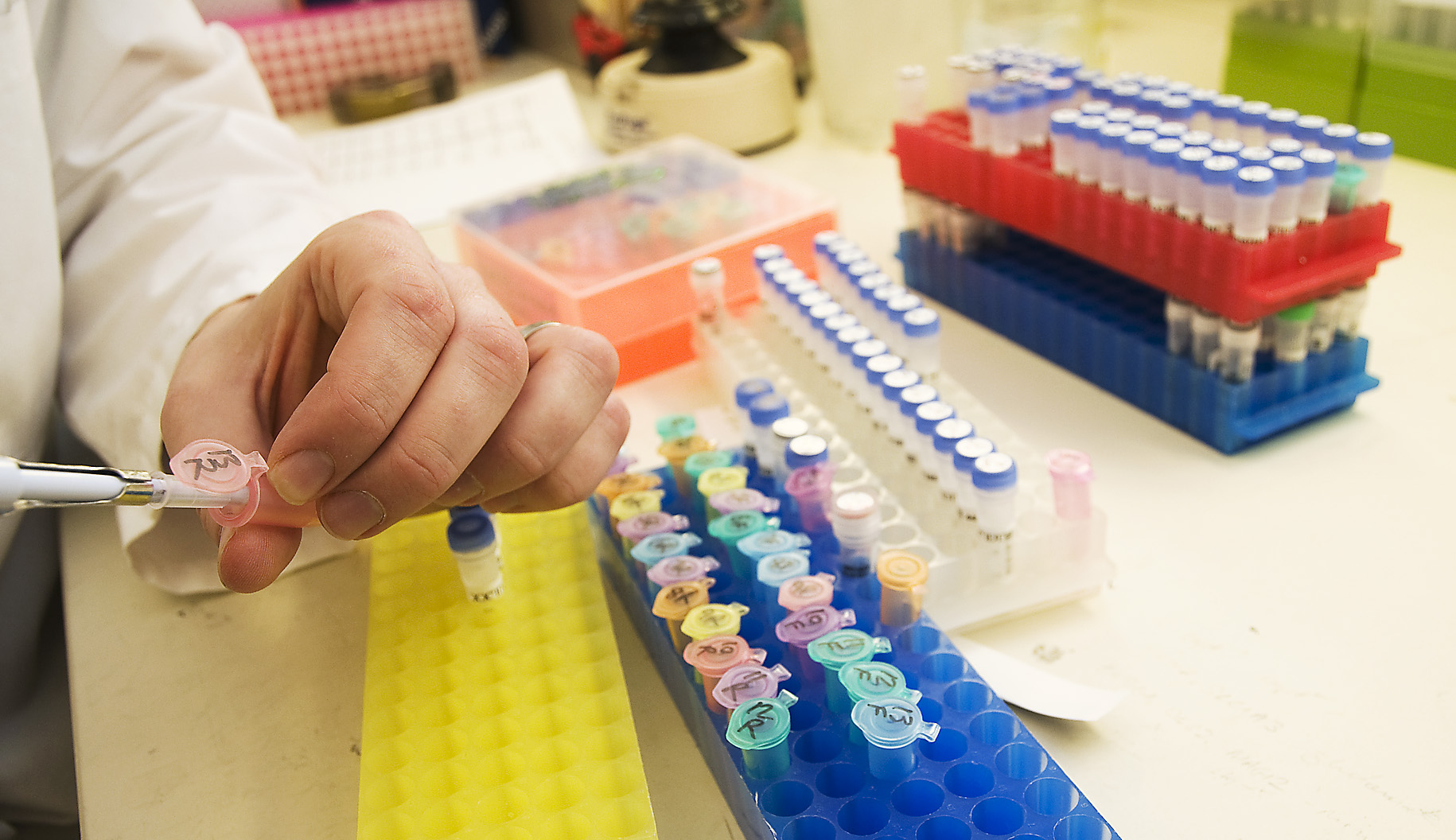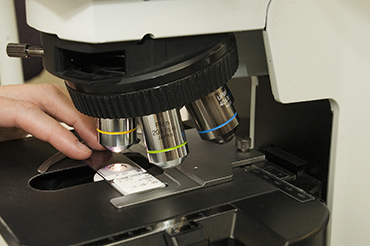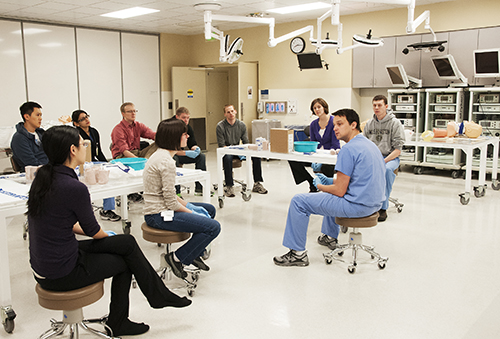Training Programs

The spotlight title goes here
The spotlight subtitle goes here.

The spotlight title goes here
The spotlight subtitle goes here.

The spotlight title goes here
The spotlight subtitle goes here.

The spotlight title goes here
The spotlight subtitle goes here.

The spotlight title goes here
The spotlight subtitle goes here.

The spotlight title goes here
The spotlight subtitle goes here.

Cancer Biology and Transplantation
We train young scientists to design and conduct research on significant problems in cancer by combining information and approaches from basic cellular and molecular biology, epidemiology, clinical trials and studies, and behavioral-social sciences.

The Program emphasizes research at the interface of the laboratory and the clinic and trains both clinician-scientists (M.D. or M.D./Ph.D.) and Ph.D.-trained scientists.
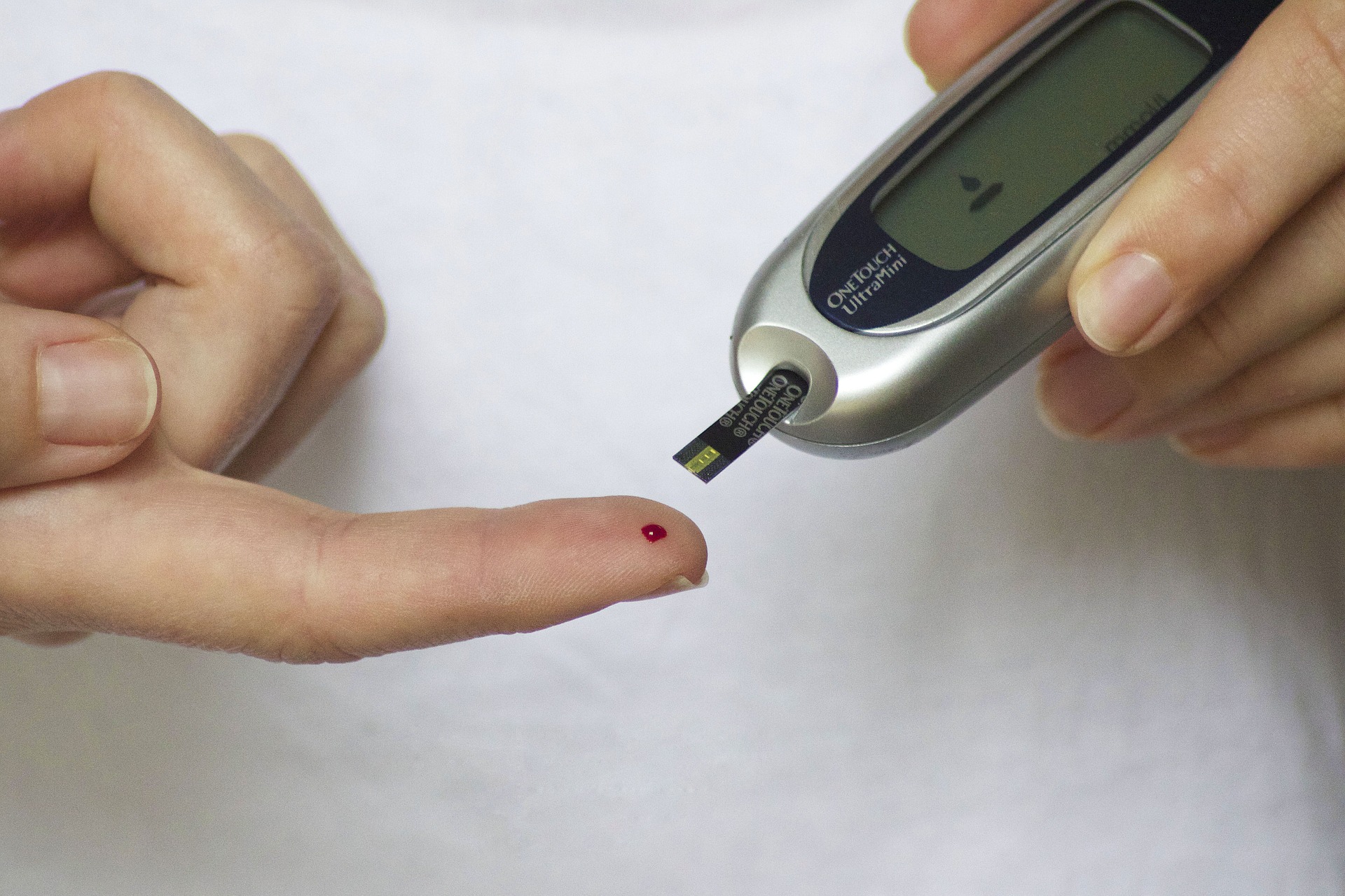
Diabetes, Obesity and Metabolism
Trainees in the Diabetes and Metabolism Program seek to better understand the physiology of glucose homeostasis and the mechanisms that contribute to the pathogenesis of insulin resistance and type 2 diabetes.
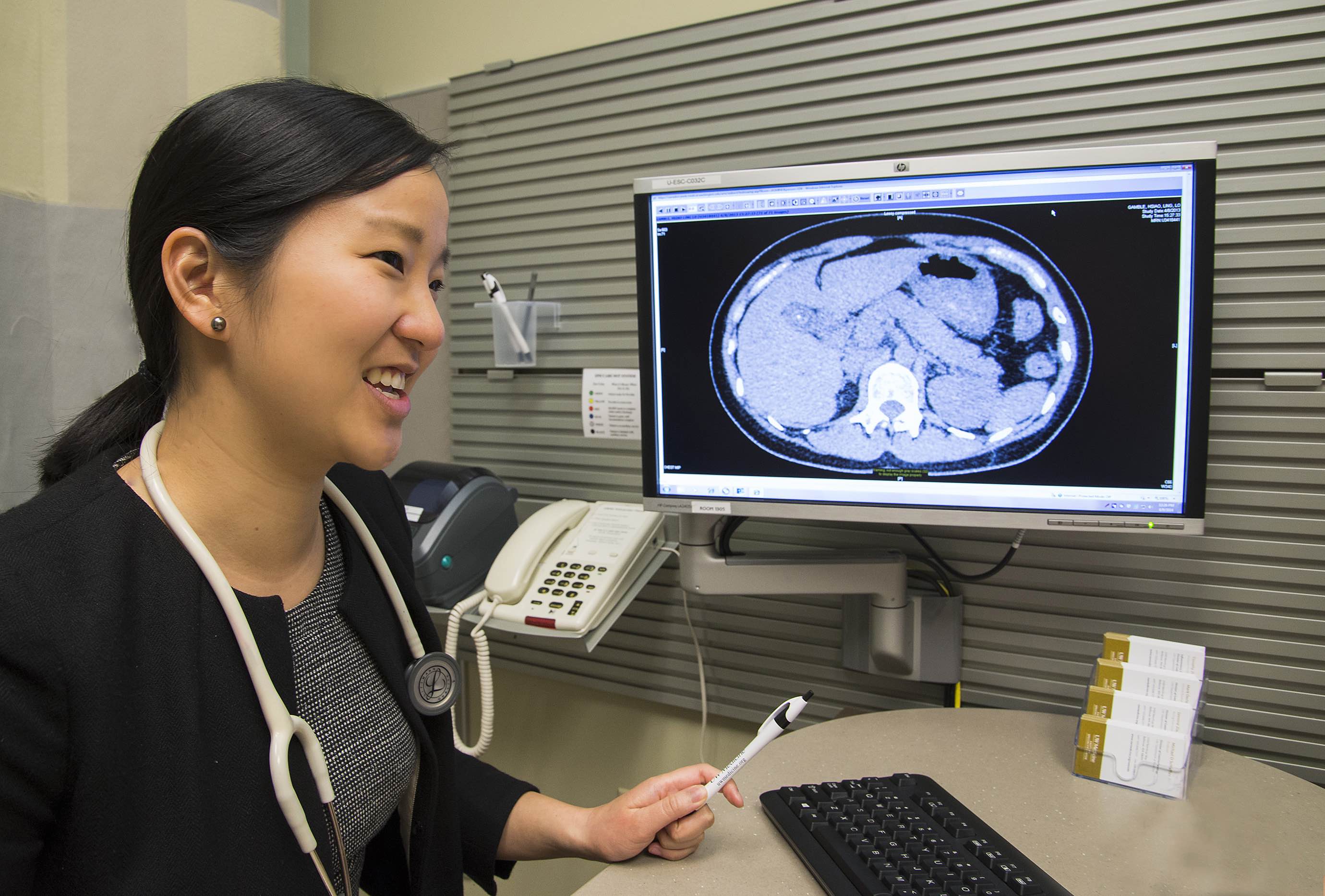
The gastroenterology fellowship at the University of Washington has been providing training in research, clinical gastroenterology, and teaching since 1950.
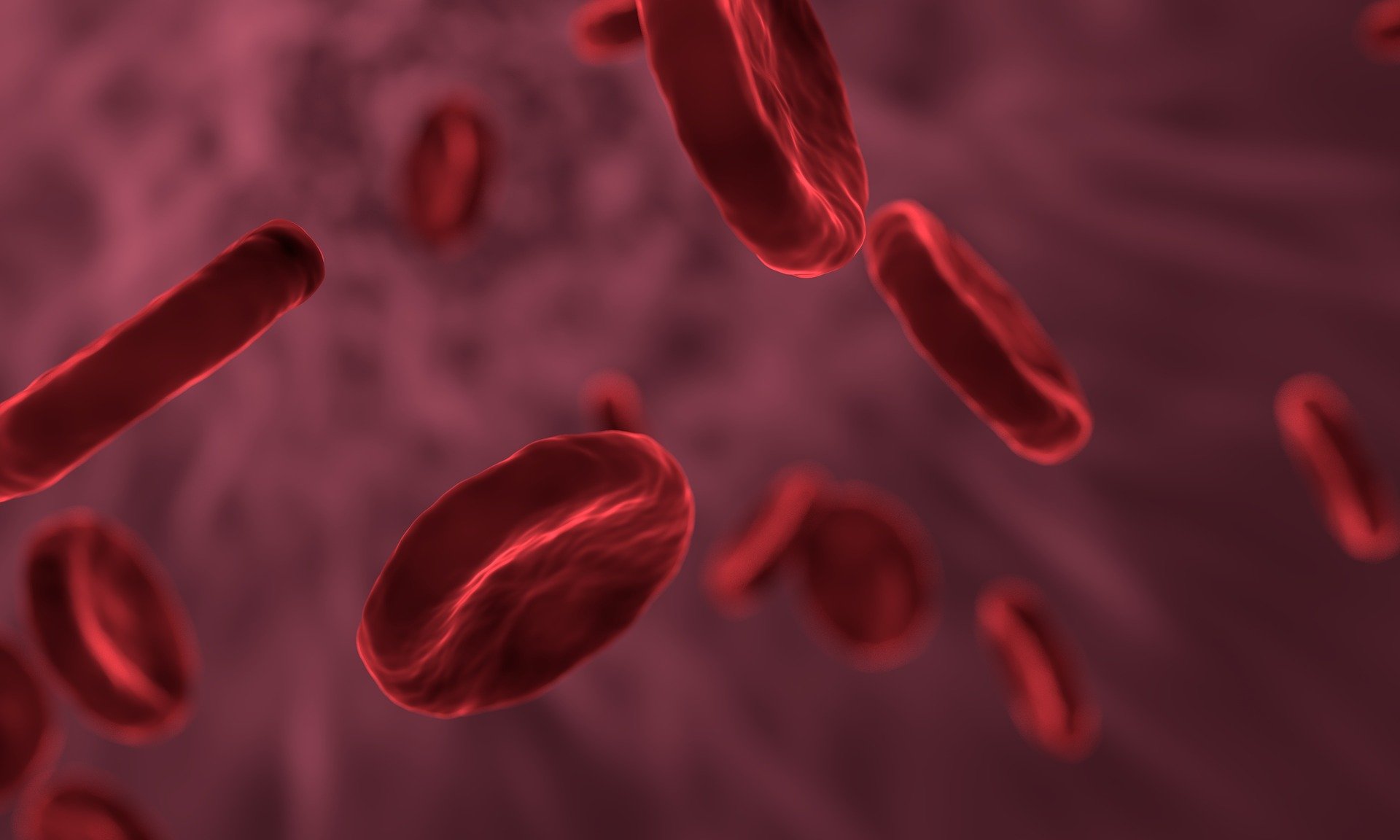
Our major focus is the preparation of fellows for burgeoning academic careers in basic science, translational research, clinical research, and specialty areas such as global health and comparative effectiveness research.

Host Defense Training in Allergy and Infectious Diseases
This program provides post-doctoral training for physician-scientists committed to a research career in infectious diseases.
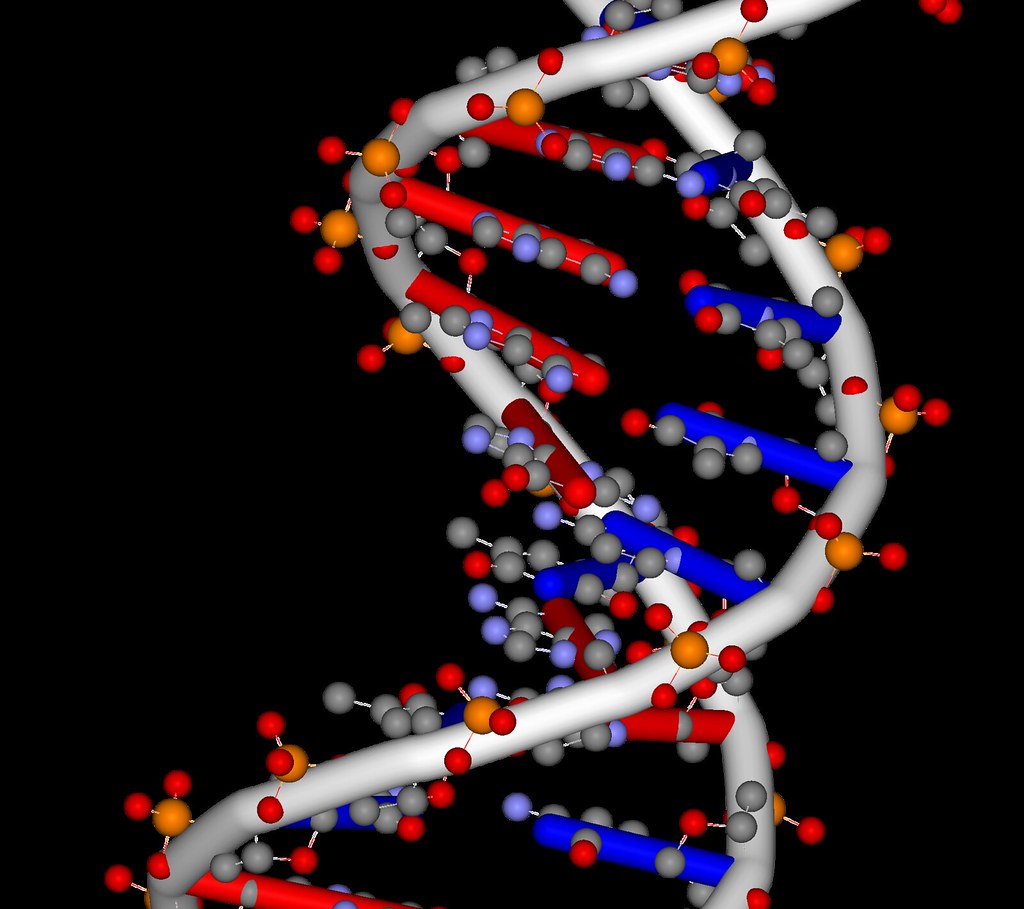
Training can include coursework in statistics, public health, or through the Institute for Translational Health Sciences.
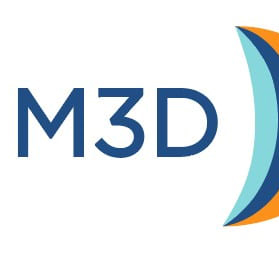
Molecular Medicine PhD Program
This Molecular Medicine and Mechanisms of Disease (M3D) PhD Program trains students to use advances in basic sciences to solve problems relevant to human disease, and to use insights from human disease processes to solve fundamental biological problems.

Nutrition, Obesity and Atherosclerosis
This program provides a highly qualified group of postdoctoral MD clinicians and PhD scientists with the research skills they need to become fully independent biomedical investigators in the areas of nutrition, obesity and atherosclerosis.

The University of Washington Palliative Medicine Fellowship Program is a one year fellowship that trains fellows to become experts in delivering palliative medicine care for severe and chronically ill patients of all ages. Also available is a Graduate Certificate in Palliative Care.
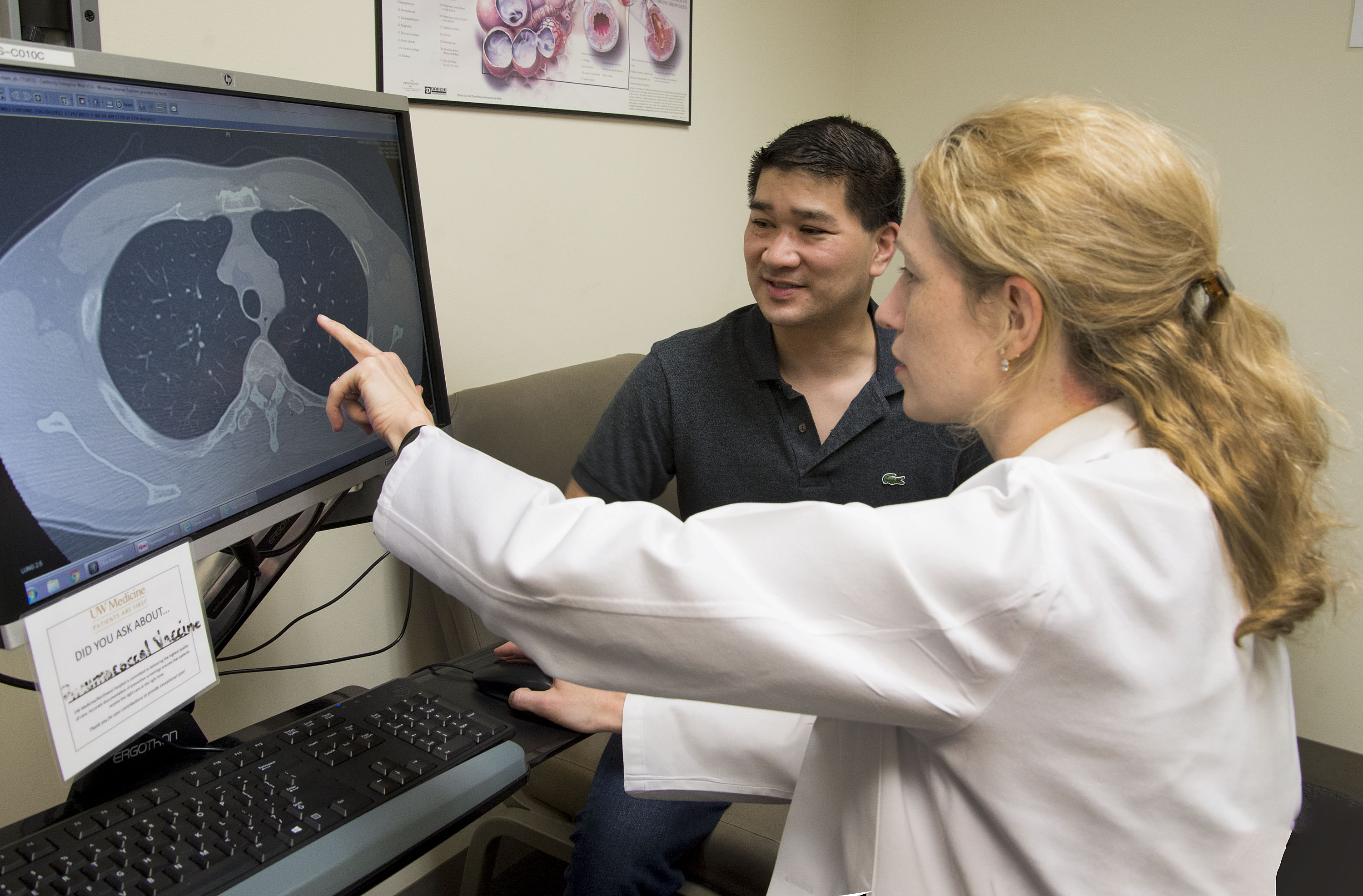
Pulmonary and Critical Care Medicine
We are committed to creating academic leaders, scientists, and scholars in pulmonary and critical care medicine. We provide a great breadth of clinical training, unparalleled research opportunities, and a unique mentorship program.

Renal Disease Research Training
Our Nephrology Fellowship Program trains future leaders in academic medicine, outstanding physician-scientists, and exceptional clinical nephrologists.
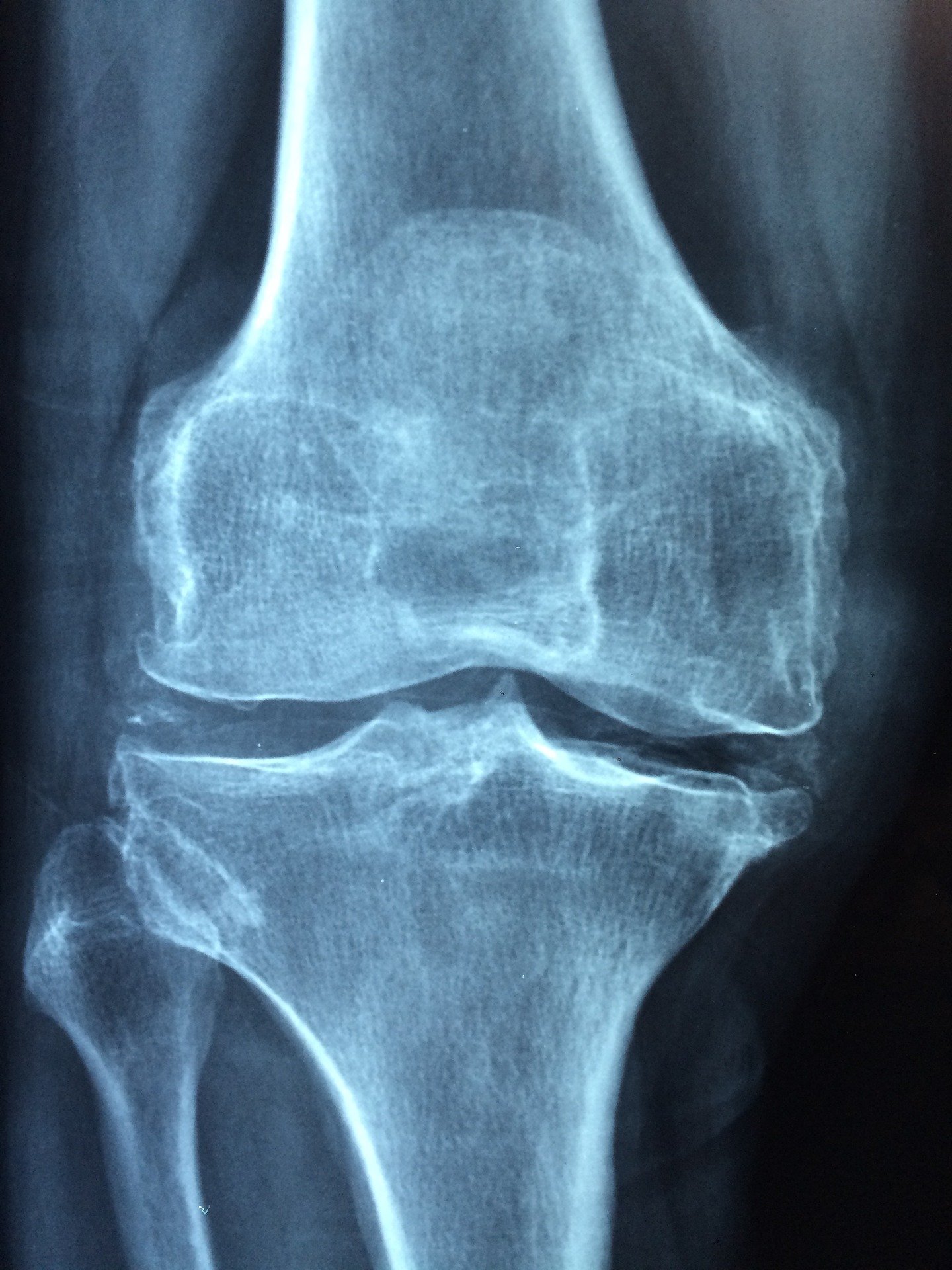
Rheumatology Research Training
The goal of our combined adult and pediatric training program is to provide MD and PhD postdoctoral fellows high quality training in rheumatic disease and to equip them to become independent academic researchers.
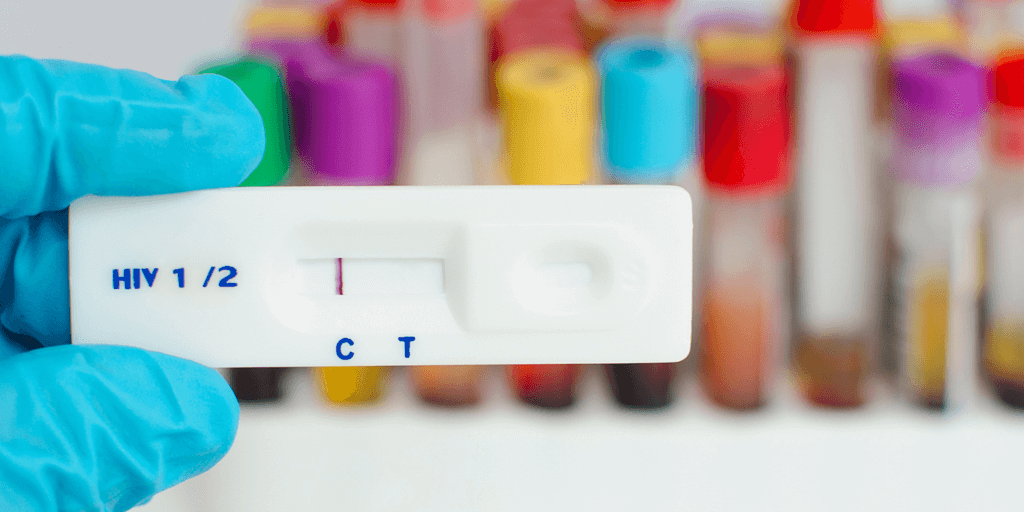
The NIH-supported University of Washington STD & AIDS Research Training Program trains the next generation of leaders in STD and AIDS research and, since its inception in 1974, has trained 72 predoctoral and 170 postdoctoral trainees.

The spotlight title goes here
The spotlight subtitle goes here.

Training in Equity and Structural Solutions in Addictions
The UW Training in Equity and Structural Solutions in Addictions (TESSA) T32 Training Program is a pre- and postdoctoral training program funded by the National Institute of Drug Abuse (NIDA). TESSA provides predoctoral and postdoctoral fellowship positions in multidisciplinary training for addiction health services research from an anti-racist lens.




